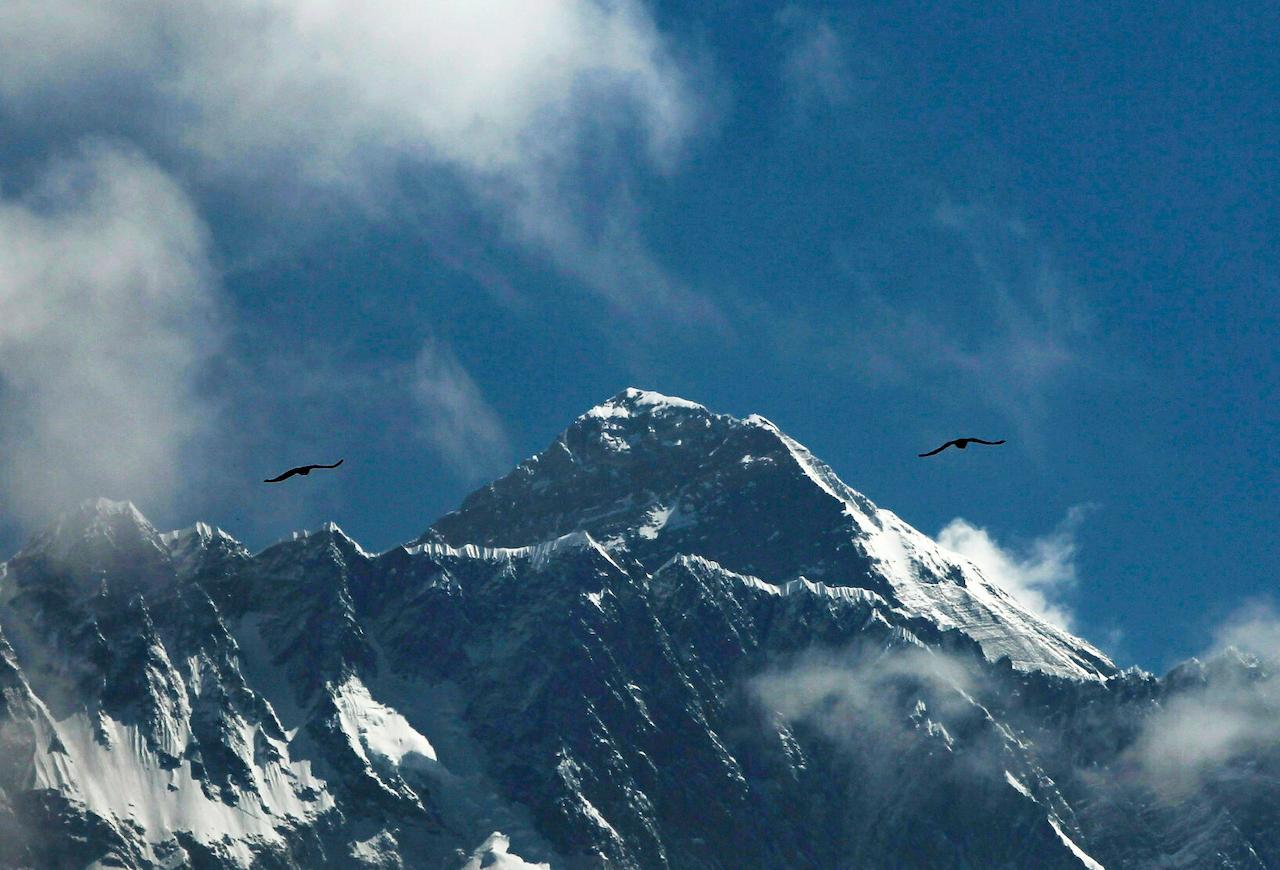Mount Everest: Covid-19 scales world’s tallest peak
The mountain had only just reopened to expeditions after a year's closure due to the pandemic in Nepal.
Just In
At least one climber on Mount Everest has tested positive for Covid-19, just weeks after the world’s tallest peak reopened to climbers following a year of closure.
Norwegian climber Erlend Ness was isolated in hospital for eight nights after contracting the virus, he told the BBC.
He had been feeling sick for about six days in the mountains before being evacuated on April 15 by helicopter.
He was taken to two different hospitals in the Nepali capital Kathmandu and tested positive for the virus three times.
A sherpa local guide in his party also tested positive for the virus but there are no reports on his current condition or whether he joined Ness on the helicopter.
The outbreak is a blow to Nepal, which relies heavily on income generated from expeditions paying hefty fees to scale its 8,849m Himalayan treasure. The 2021 cost of a place on one of the many commercial expeditions is at least US$45,000.
Aside from wider tourism revenue, Nepal earns US$4 million by issuing Everest climbing permits every year, according to the Kathmandu Post.
Ness is unsure where he caught the virus, but raised the possibility of catching it while in one of the tea houses in the Khumbu Valley, one of the most popular tourist destinations in Nepal, with great views of Everest,
He admitted that he could have “done more” to protect himself, such as being more diligent with handwashing, and wearing a mask all day but said few of the adventurers he met along the way took such precautions.
“Not many people used masks on the trek,” he recalled.
He has since recovered – testing negative on April 22 – and is now staying with friends in Kathmandu.
Hundreds of foreign climbers are expected to attempt the ascent this spring season, which began in April.
All travellers entering Nepal must present a negative Covid report, taken within 72 hours of their first flight, according to Nepal’s Department of Immigration.
Passengers from countries with new Covid variants will be subject to an additional 10 days of hotel quarantine. If a test comes back negative after five days, they will be allowed to spend their remaining five days in home quarantine and then proceed to the mountain.
Subscribe to our newsletter
To be updated with all the latest news and analyses daily.
